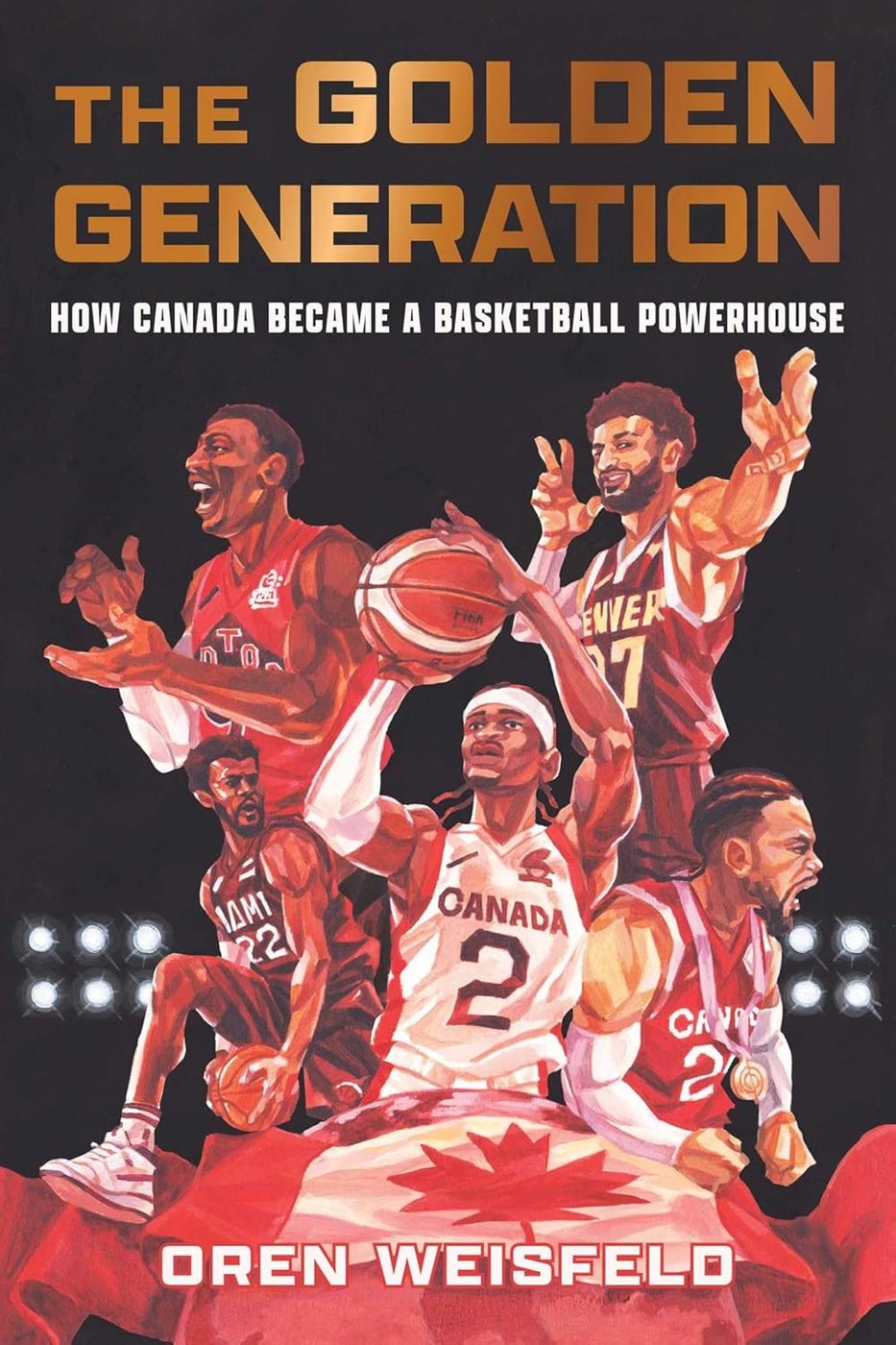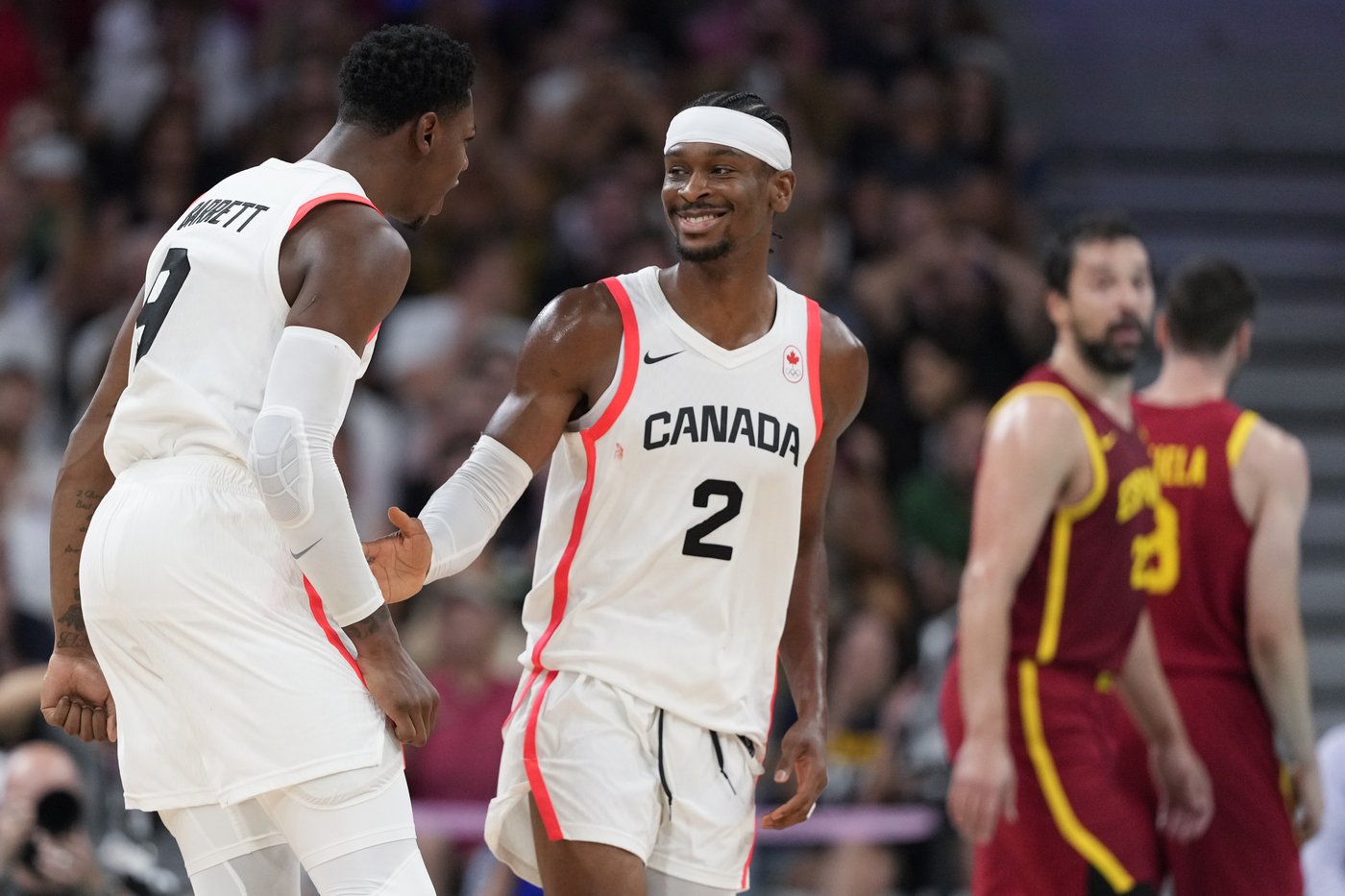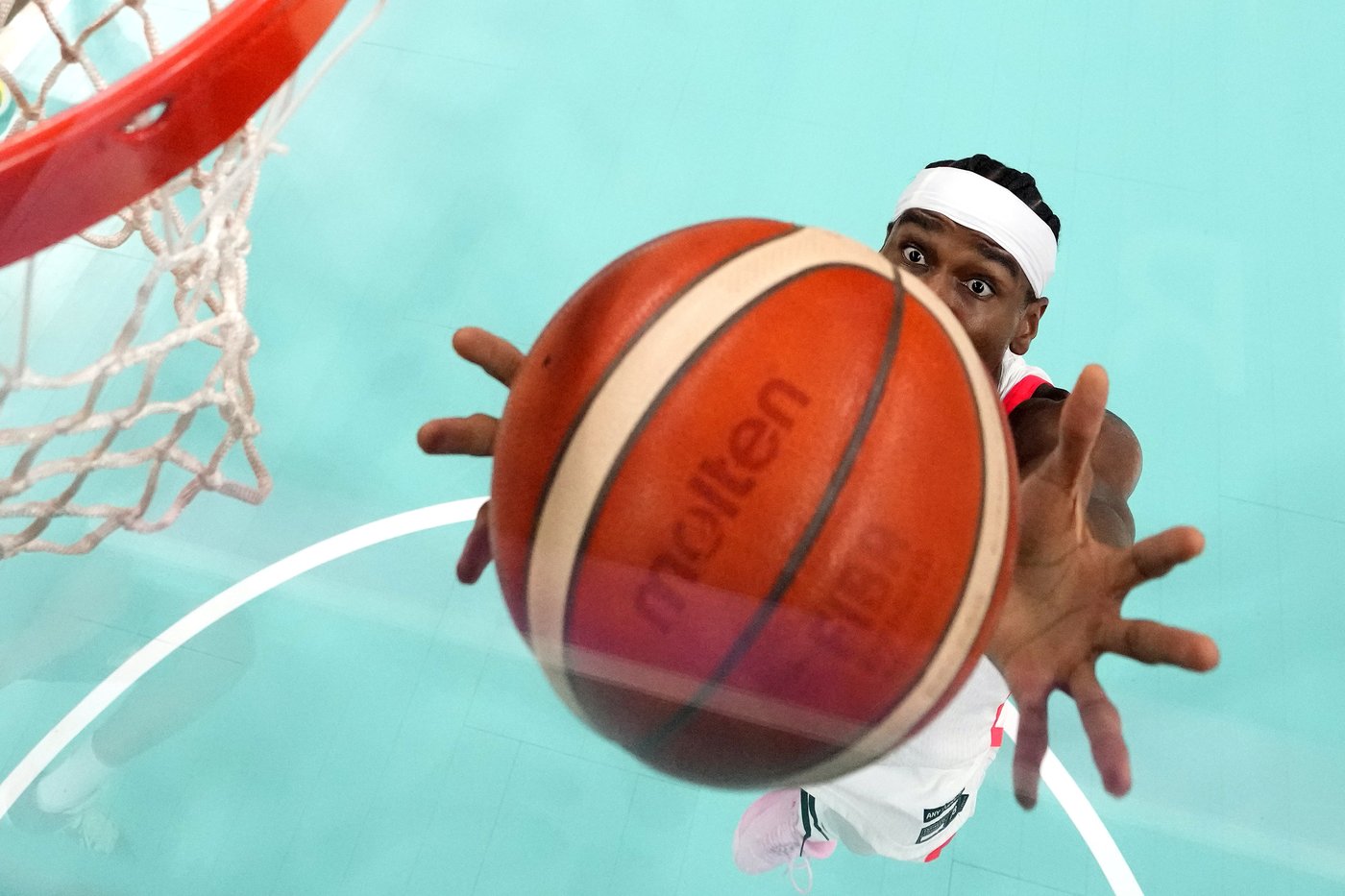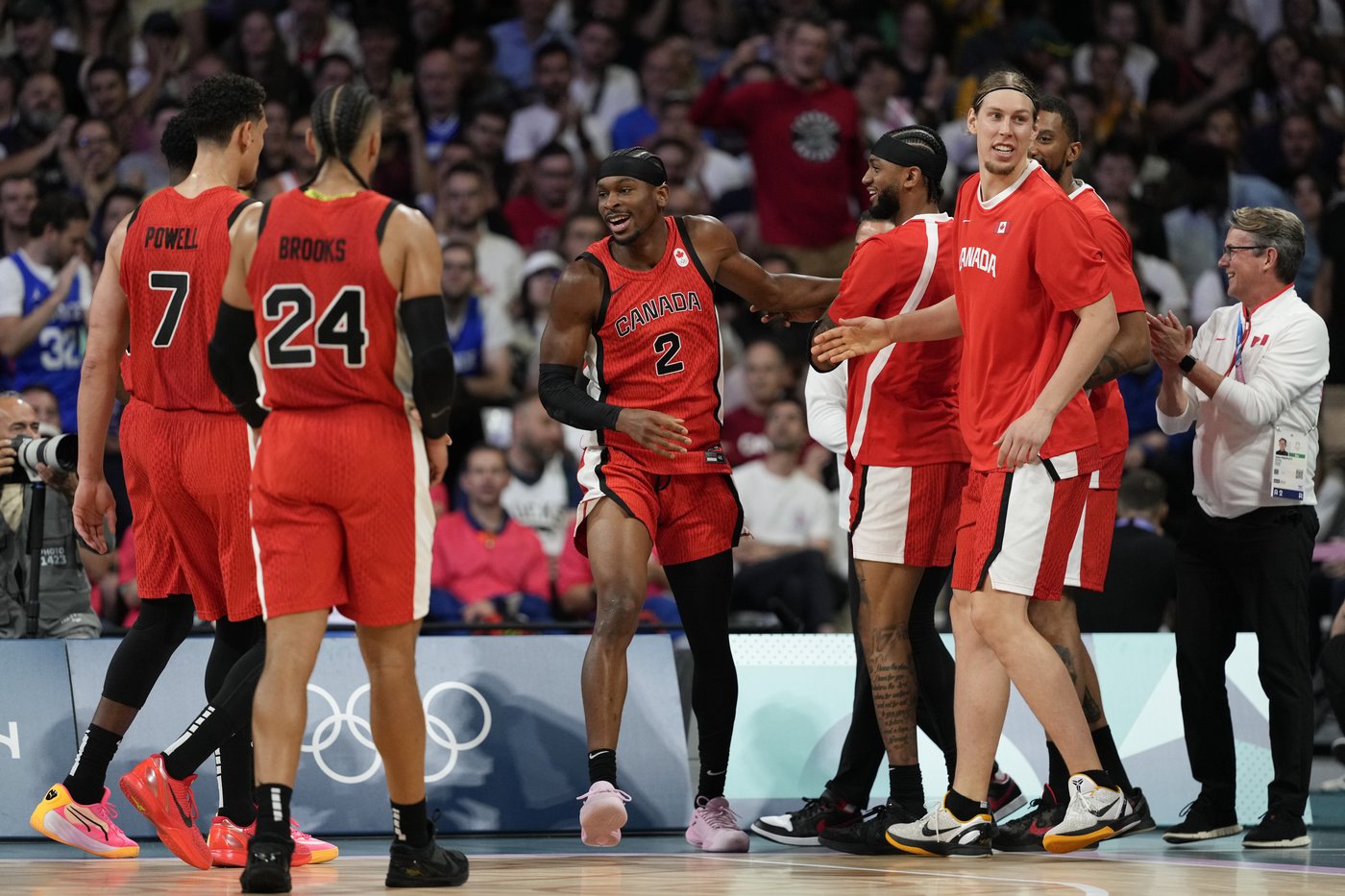Elevate your local knowledge
Sign up for the iNFOnews newsletter today!

When Oren Weisfeld set out to write about the story of Canada’s national men’s basketball team, he wasn’t sure how many of the sport’s biggest names would agree to talk.
Instead, Canada’s basketball community embraced Weisfeld’s new book “The Golden Generation,” with a who’s who of the sport agreeing to interviews, including reigning NBA MVP Shai Gilgeous-Alexander of Hamilton, Hall of Famer Steve Nash of Victoria, and 10 of 12 members of the 2024 men’s Olympic team.
Weisfeld said their enthusiasm to tell the team’s story helped him shed light on some of its unsung heroes and untold moments.
“It’s obviously always hard to pin down these NBA players, and it’s also hard to pin down guys who played 20, 30 years ago,” said Weisfeld. “It’s hard to get in touch with these guys. A lot of them are more callers than texters. That’s how far back we’re going.
“Most of them, I think, were really receptive to the idea, because it is a Canadian basketball book. It is the first of its kind. There isn’t really this history that exists out there in book form.”
Weisfeld’s detailed history begins with the sport’s origins, when James Naismith of Almonte, Ont., created the game at an American YMCA and helped popularize it through the organization’s gym classes. The book draws a line from those early days to the formation of a national team program and up to the present, with Canada boasting 28 players in the NBA — the second most of any country behind the United States.
A lifelong basketball fan who has covered the game as a freelance reporter for years, Weisfeld dug deep — including into racism allegations made against Canada Basketball in the 1980s and early 1990s, when players from Toronto and Montreal — many of them Black — were regularly left off the senior men’s team roster. Those complaints came to a head after Cordell Llewellyn and Wayne Yearwood were cut from the team ahead of the 1994 world championship.
“I came across this article in ‘The Globe and Mail’ in 1994, where (Llewellyn and Yearwood) spoke out about it, and from there, it snowballed,” said Weisfeld. “I started talking to more players and coaches and to learn about that history, which I think really has been hidden. There’s not a lot of literature about it.
“People can read the book and decide for themselves what they think it actually is — whether they think it was systemic racism or not — but to me, it was kind of alarming that this just didn’t exist in the public sphere. It was important for me to get it out there.”
Weisfeld can already see two natural followups to “The Golden Generation.”
The first is obvious: if Canada’s men bring home a medal from the 2028 Los Angeles Olympics, he expects it would mean at least one new chapter in the book. Doing an entire book on the history of the Canadian women’s national team is also something Weisfeld would like to pursue.
“It didn’t feel like the right time to highlight those stories, as the national (women’s) team specifically goes through an evolution and goes to a younger demographic right now,” he said. “But I think there will definitely be a time in the next four to eight years where the women’s team deserves a book on its own as well.”
This report by The Canadian Press was first published Nov. 11, 2025.



Want to share your thoughts, add context, or connect with others in your community?
You must be logged in to post a comment.